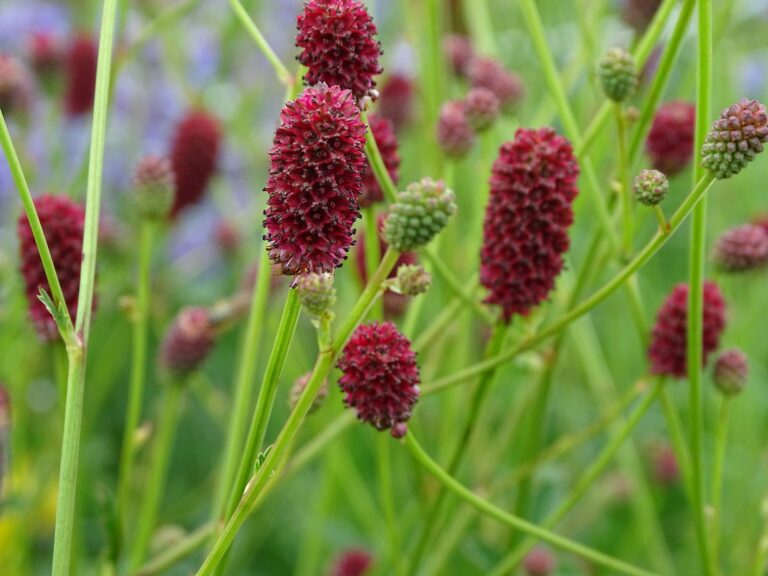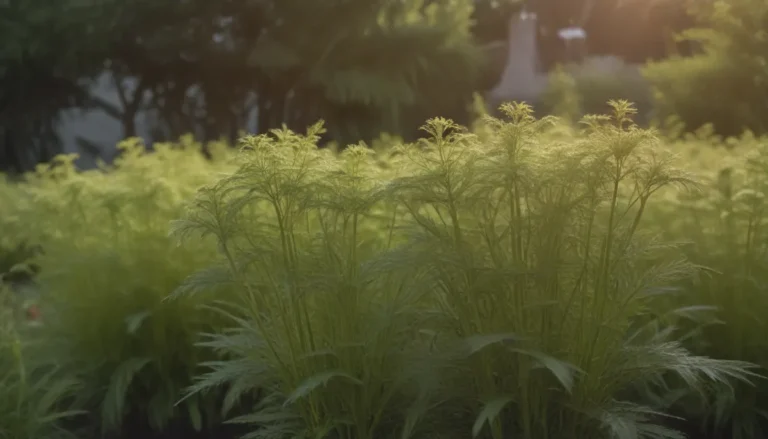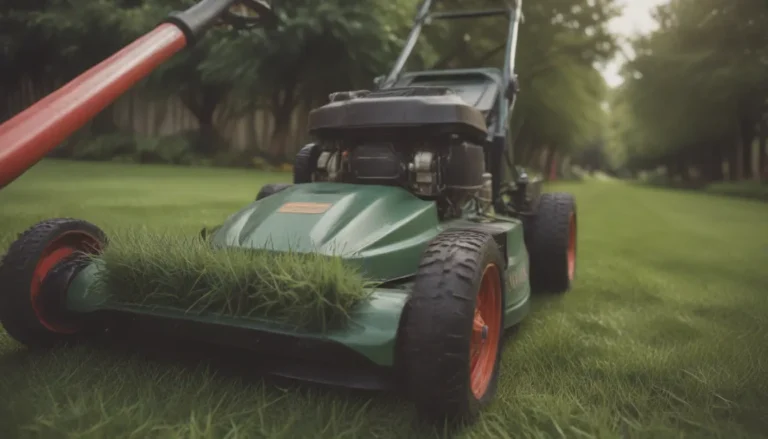Comprehensive Guide to Garden Lime: What You Need to Know

Garden lime, also known as agricultural lime, is a versatile rock powder that can work wonders in your landscaping endeavors. In this in-depth guide, we will explore what garden lime is, its uses in landscaping, and everything you need to know to make the most out of this powerful soil amendment.
Understanding Garden Lime
Garden lime is primarily used to raise the pH level of soils that are high in acidity. This process, often referred to as “sweetening” the soil, can have a significant impact on the health and vitality of your plants. By making a sour soil more alkaline, garden lime can improve nutrient availability for plants and create a more hospitable environment for certain species that thrive in alkaline soil.
Benefits of Garden Lime
- Corrects acidic soil: Soil pH plays a crucial role in nutrient availability for plants. Garden lime can help neutralize overly acidic soils and create a more balanced environment for plant growth.
- Supports specific plant species: Some plants prefer to grow in alkaline soil. By using garden lime, you can create the ideal conditions for these plants to flourish.
- Battles outdoor pet odors: The alkalizing properties of garden lime can help combat unpleasant odors in outdoor spaces, making it a versatile solution for both gardening and landscaping.
Proper Usage of Garden Lime
While garden lime can offer numerous benefits, it is essential to use it properly to avoid harming your plants. Before applying garden lime to your garden or lawn, it is recommended to conduct a soil test to determine the pH level accurately. By sending a soil sample to your local county extension office, you can ensure that you are providing your plants with the optimal growing conditions.
Garden Lime Warnings
Understanding Chlorosis
Chlorosis is a common issue that occurs when plants do not produce enough chlorophyll, resulting in pale or yellowing leaves. This condition can hinder a plant’s ability to photosynthesize and produce essential carbohydrates, ultimately leading to plant decline or death. Most landscape plants thrive in soils with pH levels ranging from 5.5 to 6.5, making proper soil pH management crucial for plant health.
Differences Between Garden Lime and Regular Lime
It is essential to note that garden lime is distinct from regular lime or dolomite lime. While garden lime is specifically designed for agricultural use and pH adjustments, dolomite lime contains magnesium and serves a different purpose. When applying garden lime, be mindful of the timing, with spring and fall being optimal seasons for application, especially when rainfall is abundant.
Additional Considerations
- Tomatoes may benefit from garden lime as a source of calcium, but it is essential to assess the nutrient needs of your plants before adding lime.
- Iron chlorosis is a condition that can occur when plants struggle to absorb iron due to high soil pH. Properly managing soil pH levels can help prevent iron chlorosis and promote healthy plant growth.
Conclusion
Garden lime is a valuable tool in landscaping and gardening, offering a range of benefits for soil health and plant growth. By understanding its uses, proper application techniques, and potential warnings, you can harness the power of garden lime to create vibrant, thriving outdoor spaces. Remember to always conduct a soil test before using garden lime and consult with local experts for personalized recommendations on soil management. With the right knowledge and approach, garden lime can be a game-changer in your landscaping endeavors.
So go ahead, grab your garden lime, and watch your plants thrive in their new alkaline haven!





